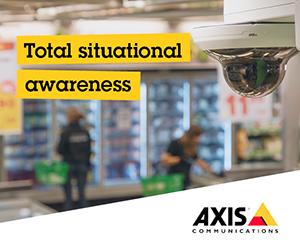industry focus
Global fraud losses up 40 per cent since 2008
Fraud now costs UK organisations a staggering £125 billion each year, with cyber playing a part in most incidents, according to a new report.
The report, the Financial Cost of Fraud, was commissioned by leading UK audit, tax and advisory firm Crowe Clark Whitehill and researcher with the Centre for Counter Fraud Studies at Portsmouth University.
The figures are unusually not based on cases of detected fraud but on 588 ‘exercises’ conducted to accurately measure the financial cost of fraud and error in 10 countries around the world.
The exercises took place in 48 organisations considering losses in expenditure, between 1997 and 2016, with a total value of £13.27 trillion. The report finds that globally the average losses from fraud and error over that period were 5.85%. The trend in losses to fraud and error has been sharply upwards since the 2008 recession, the researchers find.
“Since 2008 there has been an increase in average losses from 4.5% to 6.54% for the period 2014 to 2016 – an increase of 43%.” The researchers suggest a number of reasons for the recent growth in fraud – including declining adherence to collective ethical norms and digitalisation of transactions.
They find that organisations which have tried to accurately measure fraud losses have usually succeeded in reducing them, in some cases by 40% or more.
In the UK case, 40% of the estimated annual loss to the economy would equate to more than £50 billion, more than the UK government spent on defence or health care in 2016.
Ryan Wilk, director at fraud prevention company, NU Data Security, said: “These enormous fraud losses are astounding. They must be noticeably impactful to businesses who are experiencing up to 6.5% of losses of expenditure. It’s also bad news for consumers, who often bear the brunt of many direct costs. It’s absolutely no wonder that consumers are pushing back on companies to improve security.
“Financial fraud offers a lucrative source of income for cybercriminals, with 3.6 million fraud incidents last year. The increasing volume of attacks globally has also been attributed to more fraudsters willing to commit the crime, more data available on the black market, and more financial institutions and merchants that are vulnerable to attacks.
“To detect out of character and potentially fraudulent transactions, we must adopt new authentication methods that they can’t deceive. Solutions based on consumer behaviour and interactional signals are leading the way to provide more safety for consumers, and less fraud in the marketplace.”





